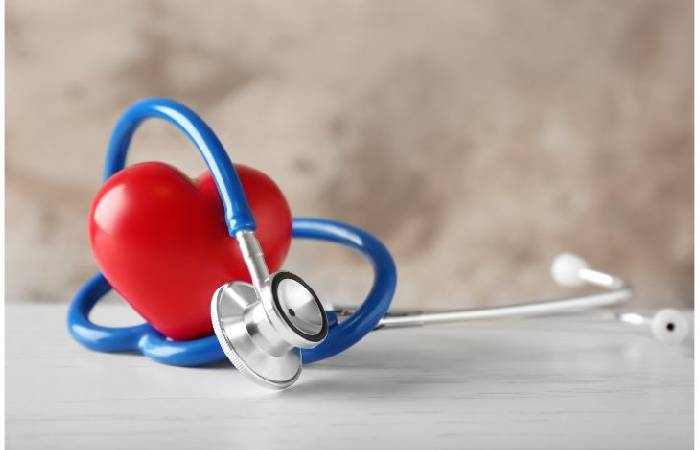Reduce Your Risk for Heart Disease – While there are risk factors you can’t control, such as age, there are numerous things you can reduce to your risk of developing coronary heart disease, a buildup of plaque in your arteries that can lead to a heart attack.

Do not smoke, vape or use tobacco. According to the American Heart Association, you are smoking links to about one-third of all deaths from heart disease. If you smoke, make a quit plan and find a friend or support group to help you be responsible.
Quitting smoking is difficult. Just because you’ve tried it before doesn’t mean it won’t work this time. Your doctor can help you consider nicotine replacement or drug therapy options. Find ways to reward yourself along the way as you reach milestones.
Stay at a healthy weight. Determine your body mass index (BMI) with the help of your doctor or online resources, and develop a healthy eating plan if you need to lose weight.
You are learning to track calories. In and out (through physical activity) can help you develop a healthy eating plan. However, if you cannot lose weight on your own, see a registered dietitian or doctor who can assist you with proven strategies for reaching and maintaining a healthy BMI.
Eat a diet ridiculous in fruits and vegetables. Limit sugary drinks, processed meats, refined carbohydrates such as added sugars, and processed foods. A healthy diet with sufficient fruits and vegetables provides beneficial nutrients and helps reduce the risk of many chronic diseases, including heart disease.
Move more. Stay active and try to exercise for at least 30 minutes most days of the week. In general, consider sitting less and moving more. Walking is a great way to start a fitness plan. Add more intensity as you get stronger/fitter, and consult your doctor before beginning a strenuous exercise plan.
Keep your cholesterol levels within normal ranges. And your cholesterol score is based on 20 per cent of your high-density lipoprotein (HDL), good cholesterol plus low-density lipoprotein (LDL), or bad cholesterol plus triglyceride level. So consult your doctor to find out your current cholesterol level.
If you need to lower your cholesterol, a heart-healthy diet rich in fruits, vegetables, whole grains, poultry, fish, and nuts, along with more physical activity, can help. A sedentary lifestyle lowers HDL, or good cholesterol, which helps balance lousy cholesterol. Try to do 150 minutes of moderate-intensity exercise per week. Brisk walking or jogging, cycling or swimming are all excellent options.
Keep your blood pressure under control. High blood pressure causes the heart to work harder, which causes the heart muscle to become thicker and stiffer and ultimately work less efficiently. As a result, high blood pressure increases the risk of heart attack, stroke and congestive heart failure.
Increasing your activity level can also help improve your blood pressure. However, the risk of heart disease is much higher when high blood pressure combines with obesity, smoking or high cholesterol levels. Sometimes, your doctor may recommend medications to help lower your blood pressure.
Reduce stress! We’ve all heard it before, and it’s true; Chronic stress can contribute to an increased risk of heart disease. So when you feel overwhelmed, do your best to let things flow, slow down, and take a few deep breaths.
Go out and act to combat stress; Even a short walk from your desk or office or a quick change of environment can help you break the tension and reset.
Laughter is good medicine: laughing with friends or alone can make you feel better!
It’s good that you stay connected with your friends and family. Even making a phone call to someone you haven’t communicated with can help you slow down and feel better.
Take a break from the news and social media. Watching/reading/listening to the 24-hour news cycle can be a significant source of stress for many people.

